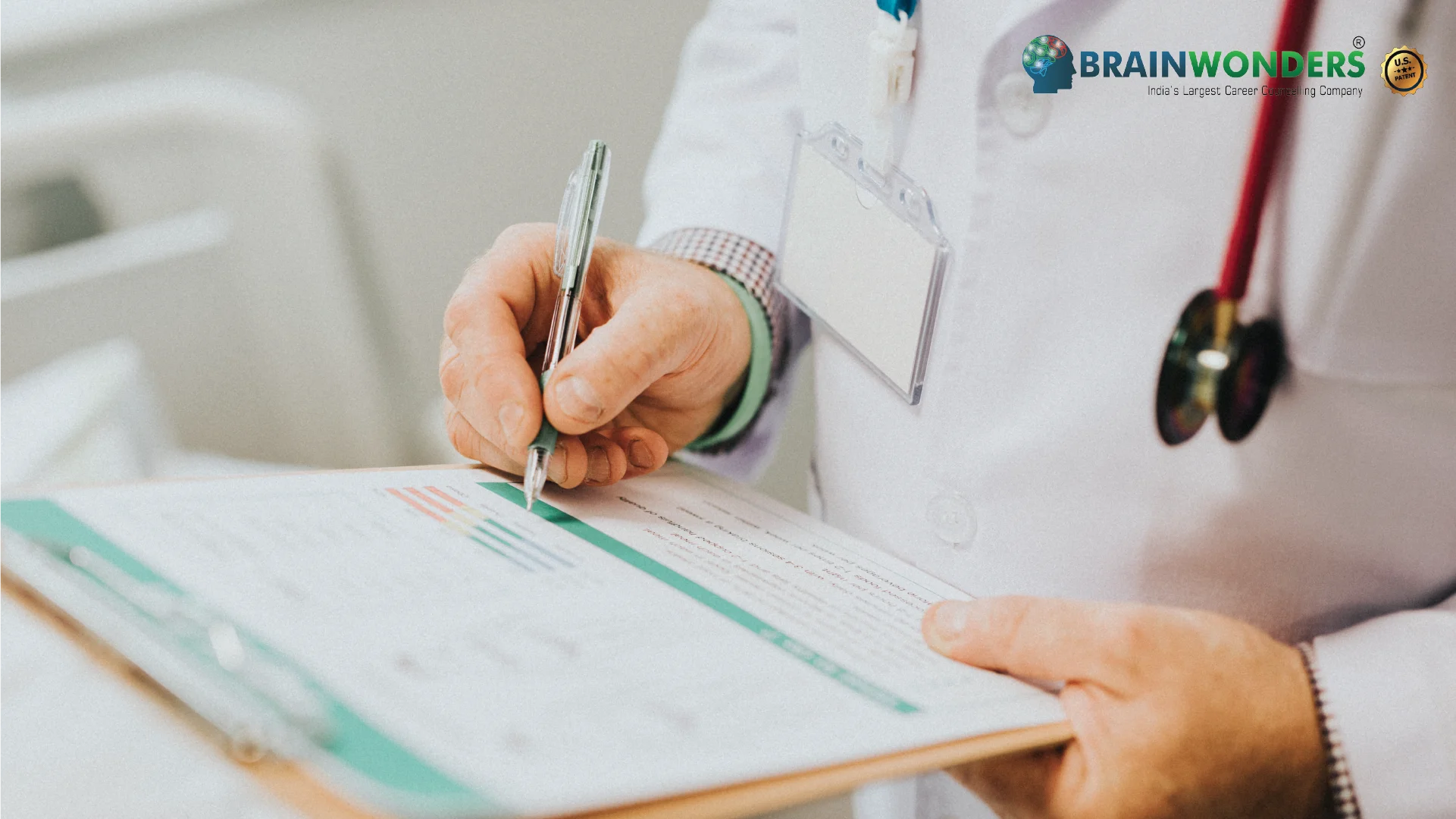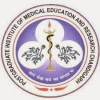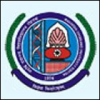How to become a Medical Records and Health Informatician
Overview, Courses, Exam, Colleges, Pathways, Salary

Overview
Who is Medical Records and Health Informatician ?
A medical records and health informatician plays a vital role in managing and organizing healthcare data and information. They work at the intersection of healthcare, technology, and data management, ensuring the accuracy, security, and accessibility of medical records and health-related data.
Medical records and health informaticians are responsible for tasks such as:
- Electronic Health Records (EHR) Management: They oversee the implementation and maintenance of electronic health record systems in healthcare facilities. This includes ensuring the proper documentation and organization of patient information, medical histories, diagnoses, treatments, and test results.
- Data Analysis and Reporting: They analyze healthcare data to identify patterns, trends, and insights that inform decision-making processes. This involves using statistical methods and data visualization techniques to extract meaningful information from large datasets.
- Privacy and Security: Medical records and health informaticians are responsible for safeguarding patient privacy and ensuring compliance with data protection regulations, such as the Health Insurance Portability and Accountability Act (HIPAA). They implement security measures to protect sensitive health information from unauthorized access or breaches.
- Health Information Exchange: They facilitate health information exchange between healthcare providers, ensuring seamless communication and collaboration. This involves managing interoperability standards and protocols to enable secure data sharing.
- System Integration and Optimization: They work on integrating various healthcare systems, such as EHR systems, laboratory information systems, and billing systems, to streamline data flow and improve efficiency. They also optimize system workflows and user interfaces to enhance usability and user experience.
- Decision Support: Medical records and health informaticians assist healthcare professionals in making informed decisions by providing data-driven insights and evidence-based recommendations. They develop clinical decision support systems and implement protocols for standardized care practices.
- Quality Improvement: They contribute to quality improvement initiatives by collecting and analyzing data on healthcare outcomes, patient satisfaction, and adherence to clinical guidelines. They identify areas for improvement and develop strategies to enhance the quality and safety of patient care.
- Research and Education: Medical records and health informaticians may participate in research projects and contribute to scientific publications. They also educate healthcare professionals and staff on proper data management practices, system usage, and regulatory compliance.
Typical day at work
What does Medical Records and Health Informatician do?
- Electronic Health Records (EHR) Management: They oversee electronic health records' creation, organization, and maintenance. This involves ensuring accurate and up-to-date documentation of patient information, medical histories, diagnoses, treatments, and test results.
- Data Analysis and Reporting: They analyze healthcare data to extract meaningful insights and trends. Using statistical methods and data visualization techniques, they provide valuable information to healthcare providers for decision-making, quality improvement, and research purposes.
- Health Information Exchange: They facilitate the secure health information exchange between healthcare organizations and systems. This includes implementing standards and protocols to ensure interoperability and seamless communication.
- Privacy and Security: Medical records and health informaticians ensure patient privacy and data security. They establish and enforce policies and procedures to comply with regulatory requirements, such as HIPAA, and protect health information from unauthorized access or breaches.
- System Integration and Optimization: They work on integrating different healthcare systems, such as EHRs, laboratory information systems, and billing systems, to enhance data flow and improve operational efficiency. They also optimize system workflows and user interfaces to maximize usability and productivity.
- Clinical Decision Support: They develop and implement clinical decision support systems that provide healthcare professionals with evidence-based recommendations and alerts. This assists in enhancing patient safety, adherence to guidelines, and quality care.
- Research and Education: Medical records and health informaticians may be involved in research projects, contributing to scientific knowledge and advancements in health informatics. They also educate healthcare professionals and staff on proper data management practices, system usage, and privacy regulations.
- Quality Improvement: They participate in quality improvement initiatives by analyzing healthcare data, identifying areas for improvement, and implementing strategies to enhance patient care, safety, and outcomes.
Abilities and Aptitude needed
What are the skills, abilities & aptitude needed to become Medical Records and Health Informatician?
To become a medical records and health informatician, several skills, abilities, and aptitudes are necessary. These include:
- Health Informatics Knowledge: A solid understanding of health informatics principles, including electronic health records (EHR) systems, health data standards, and interoperability. Knowledge of health information exchange, data analytics, and privacy regulations (such as HIPAA) is essential.
- Technical Proficiency: Using health information systems and related software is crucial. This includes expertise in EHR platforms, data management tools, statistical analysis software, and visualisation tools.
- Data Management and Analysis: Strong data management, data analysis, and data interpretation skills are necessary. This involves organising, cleaning, and analysing complex healthcare datasets to extract meaningful insights and trends.
- Information Security and Privacy: Understanding privacy regulations and ensuring compliance with data security protocols is critical. Knowledge of healthcare privacy laws and best practices for protecting patient information is essential to maintain data confidentiality and integrity.
- Critical Thinking and Problem-Solving: Medical records and health informaticians should possess strong critical thinking skills to analyse complex healthcare data, identify patterns, and solve problems related to data management, system integration, and information exchange.
- Attention to Detail: High attention to detail is necessary to ensure accuracy in managing and analysing healthcare data. Precision in data entry, documentation, and analysis is crucial to maintain data integrity.
- Communication Skills: Effective written and verbal communication skills are important. Medical records and health informaticians must communicate complex technical concepts to diverse stakeholders, including healthcare providers, administrators, and IT professionals.
- Collaboration and Teamwork: Medical records and health informaticians work in multidisciplinary teams. They must collaborate effectively, share knowledge, and work with healthcare professionals, administrators, and IT staff to achieve common goals.
- Adaptability and Continuous Learning: The healthcare industry and health informatics field are rapidly evolving. Medical records and health informaticians should be adaptable to technological advancements and industry changes. They should continuously learn to stay updated with emerging trends, regulations, and best practices.
- Ethical Conduct: Medical records and health informaticians handle sensitive patient information and adhere to ethical standards. They should maintain patient confidentiality, practice data privacy, and ensure the ethical use of healthcare data.
Salary
Salary for Medical Records and Health Informatician?
Salary of A Medical Records And Health Informatician is as follows :
- Minimum Monthly Salary: Entry-level Medical Records and Health Informaticians in India can expect a monthly salary ranging from approximately INR 20,000 to INR 30,000, especially when starting their careers or working in smaller healthcare facilities.
- Maximum Monthly Salary: Experienced and proficient Medical Records and Health Informaticians, particularly those working in large hospitals, advanced healthcare institutions, or with specialized expertise in health information management, have the potential to earn a maximum monthly salary of INR 40,000 to INR 60,000 or more.
- Annual Salary: The annual salary of a Medical Records and Health Informatician varies based on factors such as experience, specialization (e.g., electronic health records management, health data analytics), the complexity of healthcare systems, and affiliations with healthcare technology companies. Annual earnings may range from INR 2,40,000 to INR 7,20,000 or higher for established professionals.
- Highest Paying Job and Scope: Medical Records and Health Informaticians focusing on areas such as health data analytics, electronic health record implementation, or healthcare IT project management often secure higher-paying positions due to the technical nature of health informatics. Professionals with certifications in health informatics and expertise in managing and optimizing healthcare information systems may also experience enhanced earning potential. The scope for Medical Records and Health Informaticians is promising as healthcare organizations increasingly rely on technology to manage patient data, improve healthcare delivery, and enhance patient outcomes. With the digital transformation of healthcare and the growing emphasis on data-driven decision-making, skilled Health Informaticians are crucial for effectively managing health information and contributing to efficient and patient-centered healthcare systems. This evolving landscape offers significant opportunities for career growth, specialization, and contributing to the advancement of healthcare technology and patient care.
Pathways
How to become an Medical Records and Health Informatician?
Entrance Exam
Entrance Exam for Medical Records and Health Informatician ?
Courses
Which course I can pursue?
Best Colleges
Which are the best colleges to attend to become an Medical Records and Health Informatician?
Industries
Which Industries are open for Medical Records and Health Informatician?
- Healthcare Providers: Hospitals, clinics, and other healthcare facilities employ medical records and health informaticians to manage electronic health records (EHRs), ensure data accuracy, and optimize health information systems.
- Health Information Technology Companies: Companies specializing in healthcare information technology (IT) develop and provide EHR systems, health data analytics platforms, and other health informatics solutions. Medical records and health informaticians can work for these companies in roles related to product development, implementation, and support.
- Health Insurance Companies: Insurance companies utilize health informatics professionals to manage and analyze healthcare data for claims processing, risk assessment, and population health management.
- Research and Academic Institutions: Research institutions and universities employ medical records and health informaticians in research projects focused on healthcare data analysis, informatics research, and clinical trials.
- Government Agencies: Government healthcare agencies at local, regional, and national levels may hire medical records and health informaticians for roles related to health information management, policy development, and healthcare data analysis.
- Consulting Firms: Healthcare consulting firms offer specialized services in health informatics, EHR implementation, and healthcare data analysis. Medical records and health informaticians can work in these firms, providing expertise and support to healthcare organizations.
- Pharmaceutical and Biotechnology Companies: Medical records and health informaticians can find opportunities in pharmaceutical and biotech companies, where they may work on clinical trials, data management, and analysis of healthcare outcomes.
- Public Health Organizations: Public health agencies and organizations employ medical records and health informaticians to analyze population health data, track disease outbreaks, and contribute to public health initiatives.
- Long-Term Care Facilities: Nursing homes, assisted living centres, and other long-term care facilities utilize medical records and health informaticians to manage resident health records, ensure regulatory compliance, and enhance resident care coordination.
- Health Informatics Start-ups: Start-up companies focusing on health informatics, telemedicine, or digital health often require the expertise of medical records and health informaticians to develop and implement innovative solutions.
internship
Are there internships available for Medical Records and Health Informatician?
- Healthcare Facilities: Hospitals, clinics, and other healthcare facilities may offer internships in health information management departments or health informatics divisions. These internships provide hands-on experience managing electronic health records (EHRs), data analysis, and health information system utilization.
- Health Information Technology Companies: Companies specializing in health information technology and electronic health records may provide internships for students or entry-level professionals. These internships can involve working on EHR implementation projects, data analytics, or software development.
- Research Institutions and Universities: Research institutions and academic settings may offer internships in health informatics research projects. These internships can involve data analysis, research participation, and exposure to cutting-edge informatics methodologies.
- Government Agencies: Government healthcare agencies or public health organizations may have internship programs for medical records and health informaticians. These internships can provide exposure to health information management practices, policy development, or data analysis in a public health context.
- Consulting Firms: Healthcare consulting firms specializing in health informatics may offer students or recent graduates internships. These internships can provide experience in healthcare data analysis, EHR optimization, or project management.
- Health Insurance Companies: Health insurance companies may provide internships in their health informatics departments, focusing on healthcare data analysis, claims processing, or population health management.
Career outlook
What does the future look like for Medical Records and Health Informatician?
The future outlook for medical records and health informaticians is highly promising. With the increasing digitization of healthcare systems, the demand for skilled professionals who can effectively manage and analyze health data is expected to grow. The evolving landscape of health informatics, including advancements in electronic health records, data analytics, and telehealth, offers abundant opportunities. Additionally, the focus on data-driven decision-making, population health management, and personalized medicine further emphasizes the importance of medical records and health informaticians. Overall, the future looks bright for professionals in this field, with continued growth and relevance in the healthcare industry.




.webp)


